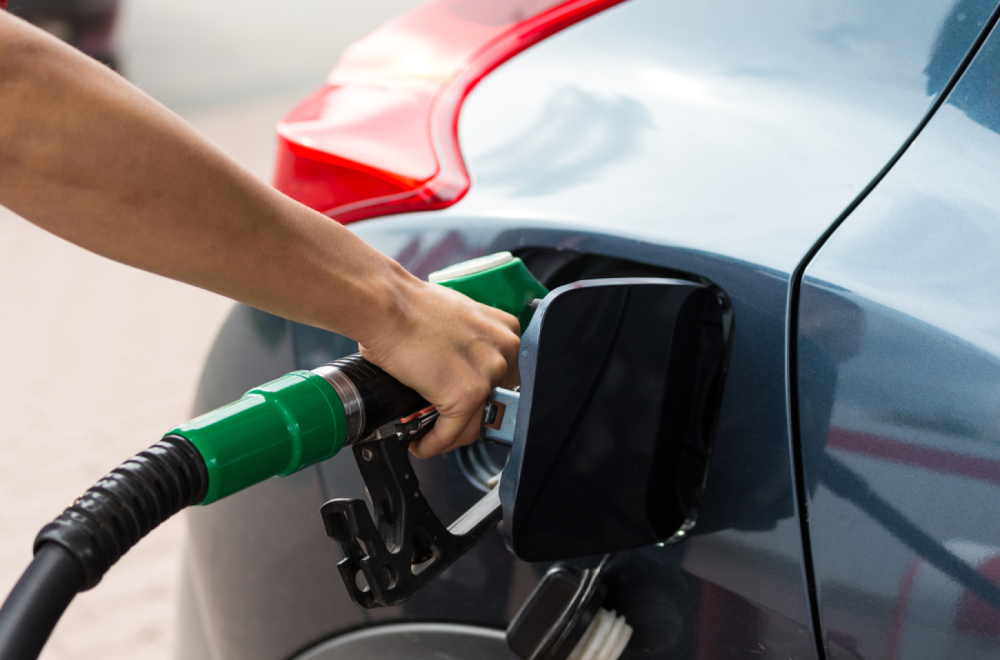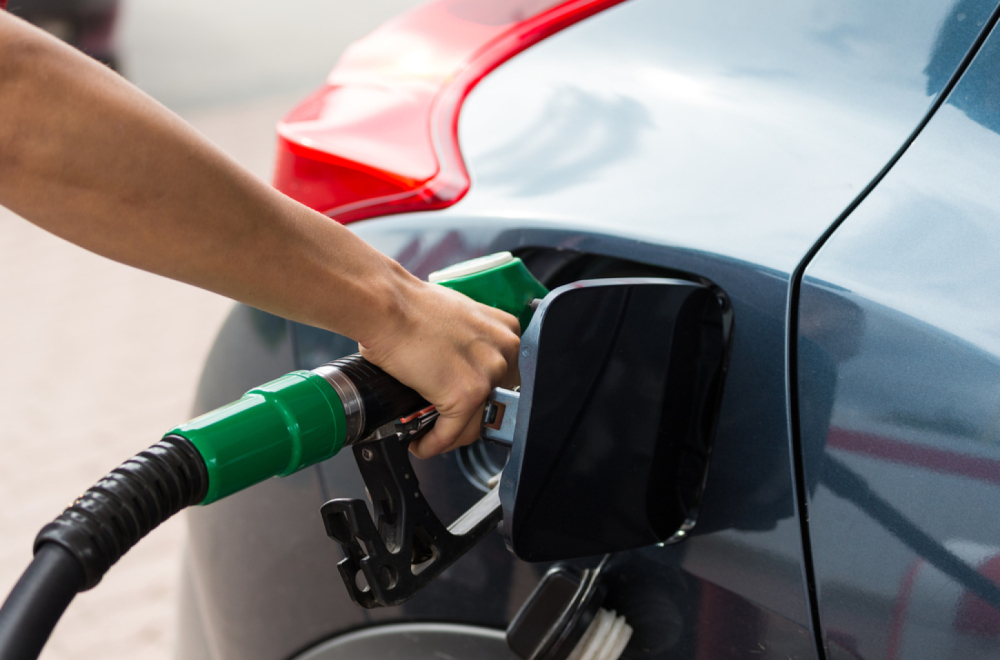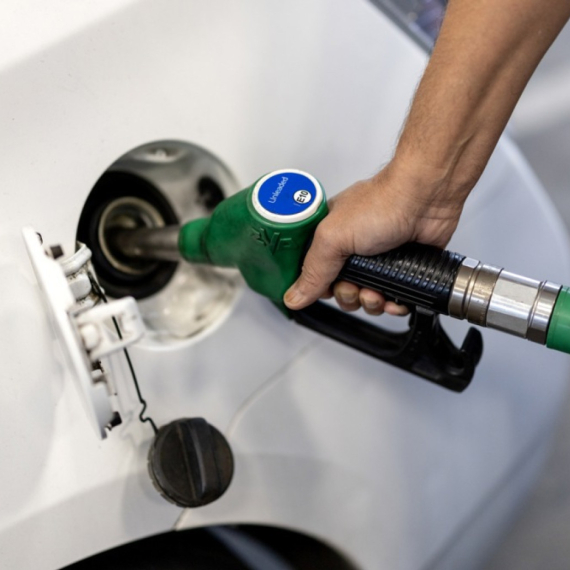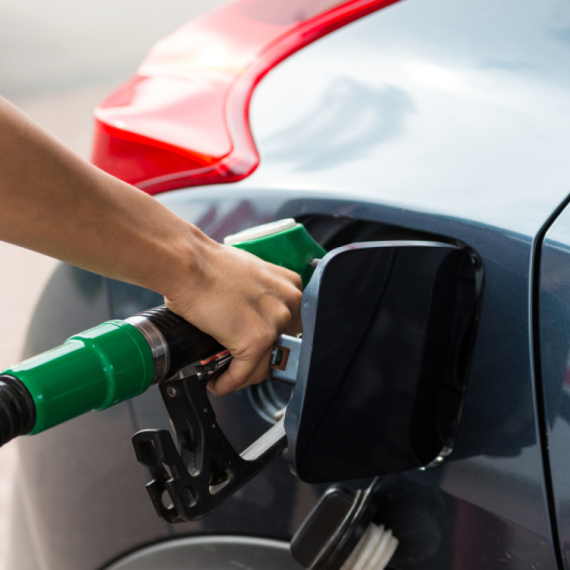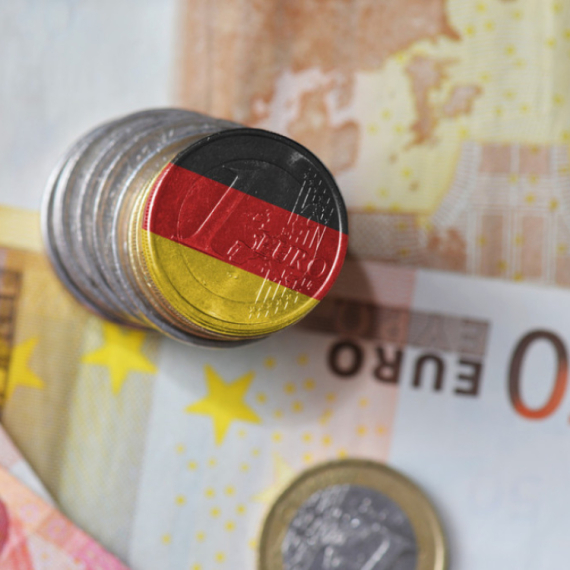German gas stations may soon offer a new fuel called Super E20, which contains 20% bioethanol, double the amount currently available in E10 fuel. This fuel is produced from renewable sources such as sugar beet, potatoes, and grains, and can reduce greenhouse gas emissions by up to 80% compared to regular gasoline. Currently, the valid standard allows up to 10% ethanol in gasoline, so legislative adjustments would be needed for wider use of E20 fuel. The German automobile club ADAC calls for clear and timely information for drivers, as the introduction of E10 caused confusion. Technically, E20 is compatible with most modern gasoline engines, but older vehicles may experience issues. Fuel consumption may increase by about 3%. The price of E20 fuel has not been officially announced but is expected to be comparable to E10 fuel prices.
Political Perspectives:
Left: Left-leaning sources emphasize the environmental benefits of the new Super E20 fuel, highlighting its potential to significantly reduce greenhouse gas emissions and promote renewable energy sources. They focus on the positive impact on climate change and support for sustainable development.
Center: Center-leaning sources provide a balanced view, reporting on the technical aspects, compatibility with vehicles, and the need for legislative changes. They stress the importance of clear communication to consumers and the economic implications, including fuel pricing and market adaptation.
Right: Right-leaning sources focus on the regulatory challenges and potential costs associated with introducing Super E20 fuel. They highlight concerns about vehicle compatibility, especially for older cars, and the possible increase in fuel consumption and prices. They may also emphasize caution regarding government intervention and regulatory changes.






